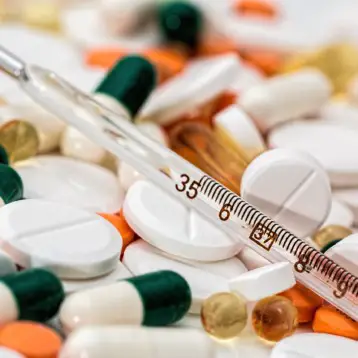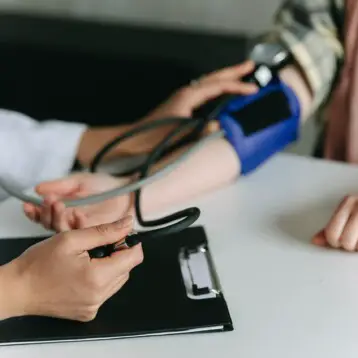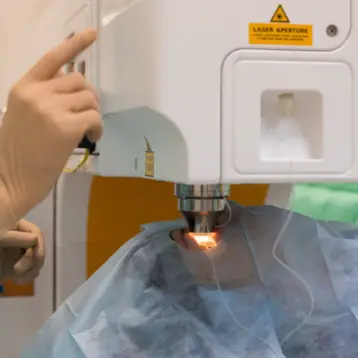|
Heart disease, a generic term for a wide variety of diseases, is the number one killer of both men and women in the developed countries, including the United States. In fact, it kills more women than all types of cancer combined.
Many heart attack victims experience nonspecific symptoms and only secure medical assistance after the cardiac tissue has suffered permanent damage. It is often more difficult to identify heart disease in women and since symptoms are not as readily recognizable, women might wait longer to get help – leading to more serious consequences. One problem is that not all heart attacks cause pain. One study suggests that one-third of women who suffer heart attacks have no pain or symptoms they associate with a heart attack. One-fourth of heart attacks suffered by men are unsuspected.
Therefore, prevention and early detection are indeed the first and most important line of defense against this silent but eventually deadly disease.
Dr. John McDevitt and his colleagues at the University of Texas took advantage of the recent identification of a number of blood serum proteins that are significant contributors to indicators of cardiac disease. The research group developed a series of compact nano-bio-chip sensor devices that are biochemically-programmed to detect sets of these proteins in saliva. They looked at 32 proteins currently used for diagnosis of blood serum in cardiac clinical practice.
The success of this approach is contingent on knowledge and complete understanding of the underlying mechanisms that lead to heart disease. From this perspective, over the last decade, there has been an explosion of information generated on the role of inflammation, endothelial dysfunction, and of specific serum biomarkers in the development of atherosclerosis. Over time, a large list of relevant cardiac biomarkers has been compiled, along with strong evidence that these biomarkers act synergistically to increase an individual’s risk to experiencing a heart attack. The innovation of these chips is that they enable measuring all these proteins simultaneously using a noninvasive saliva sample.
So how does the new diagnostic test work? First, the patient deposits saliva into a tube. The saliva is then transferred onto a credit card-sized lab card that holds the nano-bio-chip. The loaded card is inserted, just like an ATM card, into an analyzer that immediately manipulates the sample and analyzes the patient’s cardiac status. The device scans the saliva for the presence of those relevant cardiac biomarkers and can reveal that a patient is currently having a heart attack and must receive treatment quickly. The test can also indicate the patient is at a high risk of having a heart attack. Overall, the test promises to dramatically improve the accuracy and speed of cardiac diagnosis.
|
It is interesting that some of the biomarkers that provide insight into the risks for developing heart disease are also relevant to the diagnosis of the actual event of a heart attack. Providing heart attack victims with the appropriate treatment(s)constitutes the second line of defense against heart disease and relies on a more efficient and accurate diagnosis method.
The nano-bio-chip array could some day be used to analyze a patient’s saliva on board ambulances, at the dentist’s office, or at a neighborhood drugstore, helping save lives and prevent damage from cardiac disease. The new technology is still in the clinical testing phase, but is considered to be a strong candidate for further commercial development.
TFOT reported recently that spit tests will soon replace many blood tests thanks to the work of a consortium of three research teams that cataloged the “complete” salivary proteome, a set of proteins in human ductal saliva.
You can find more information regarding this new technology here.











